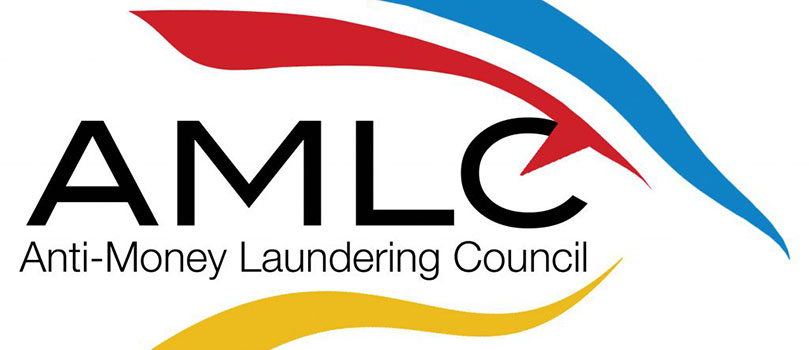
The AMLC is looking to have the money laundering risks attached to casinos minimized in the next round of evaluations that is due in a couple of years.
Philippine’s Anti-Money Laundering Council (AMLC) has recently made a decision to bring digital currencies and casinos into their spotlight this year as it tightens its vigilant watch on dirty money. As clarified by Mel Georgie B. Racela, the AMLC Secretariat Executive Director, the council has now included the conversion of cash into poker chips and digital or virtual currencies in its coverage. This move is primarily aimed at plugging certain gaps that have been plaguing the anti-money laundering laws.
To begin with, the casino operators were given a six-month period – starting from this month – in which they are supposed to register with the AMLC. The compliance of the casino operators is expected to reduce the opportunities that criminals have to launder illegally obtained funds at the casino’s gaming tables. Prior to these new regulations, the Republic Act No. 10927 which was enacted last year required all the gambling operators to report their daily transactions worth at least P5 million to the AMLC.
However, it was until last week that the council published the Republic Act No. 10927’s implementation rules – casino operators now have until mid-December to sign up on AMLC’s online portal and begin submitting the required transaction reports.
The agencies National Risk Assessment 2015-2016 cited a considerably high risk of money laundering among casinos as well as many other financial service business. This was further elevated by the fact that it happened to coincide with the Bangladesh Heist in which $81 million in stolen funds vanished without a trace at casino gaming tables.
According to Mr. Racela, the threat level is going to reduce significantly as the agency’s new regulations take effect. Added to the fact that the casinos are now subject to a know-your-customer policy which will require them to report any suspicious transactions to the AMLC, it is quite obvious that everything is certainly bound to get better.
“If we make a reassessment of our national risk insofar as casinos are concerned, we believe that we will be able to reduce this from high risk to moderate,” Mr. Racela said on Monday, June 18 during the inaugural symposium of the Association of Certified Anti-Money Laundering Specialists Manila chapter.
The AMLC is looking to have the money laundering risks attached to casinos minimized in the next round of evaluations that is due in a couple of years (probably 2020) – the agency is confident that the new rules will eventually pay off.
As for digital currencies, while it is evaluating the best possible way of effectively going about it, the agency has confirmed that it has given its members the go-ahead to “study the suspicious transaction reports submitted by virtual currency exchanges.” Mr. Racela, however, noted that it is still too early to say whether or not the digital currency space will turn into an arena for money launders.
Regulated sectors like cryptocurrency gaming are more likely than ever to see significant impacts as more businesses start to see…
Ohio has recently sent a strong signal to the crypto gambling world, issuing cease-and-desist orders to Kalshi, Robinhood, and Crypto.com…
Choctaw Casinos & Resorts has pioneered the use of cryptocurrencies as a payment option at a licensed gaming facility in…
Leading cryptocurrency iGaming platform CryptoGames is setting a new standard for the industry by integrating PEPE and USD Coin (USDC)…
Cryptocurrencies are rapidly expanding from an investment avenue for techies and risk-takers to a real asset class that even some…
For blockchain gaming, 2024 will likely be remembered as a transitional period – marked by early promise, mid-year turbulence, and…